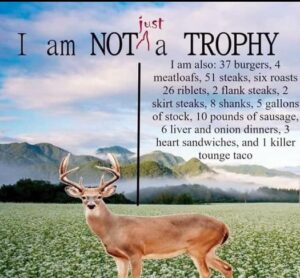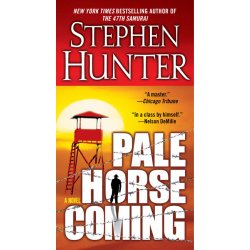The Dressmaker
I had an interesting talk with AWA the other day about dressmaking. Why, you ask, were we talking about dressmaking? Well, I was discussing the process of making my 18th century kit for the upcoming season at a local living history museum, which I am a part of. I had to order a pattern for a short gown that I’m making, because my skill level isn’t high enough to fake it for this type of garment. The pattern is somewhat complex, and based off an extant short gown that was disassembled a number of years ago and resides in a museum (in Boston, if I remember correctly, but I’m guessing).
AWA wanted to know why the pattern was considered so complex. After all, garments at the time really weren’t all that fancy, at least for working class women like myself. I explained that, in the 18th century in America (and likely in Europe, though I haven’t looked into it), there were no patterns. Women would simply sew their own clothing. Most women, even of the poorer sort, would have hired a mantua-maker, or dressmaker, to make an outfit for them, from which other items might be sized. A mantua-maker was a traveling dressmaker, who specialized in working with your body in particular. If you’re interested in seeing the process in action, there’s a great video on YouTube. Basically, she would drape your fabric over you, sketch out the pattern pieces for your body, cut them, and then sew them. Sometimes the customer would help with the sewing, and sometimes she’d just pay for the mantua-maker to do it.
The skill level required to draft a dress for someone with nothing more than draping fabric and chalk is huge. This goes back to my article on words, and how the meaning of them changes over time. At one time, someone who could make a dress, a mantua-maker, was considered a highly skilled, sought after person. They were well paid, well trained, and knowledgeable. Today, we say “dressmaker” as if the person is doing something quaint. People don’t make their own clothing, and those of us who do are looked at oddly. We’re just dressmakers, or seamstresses. We’re not considered skilled workmen.








